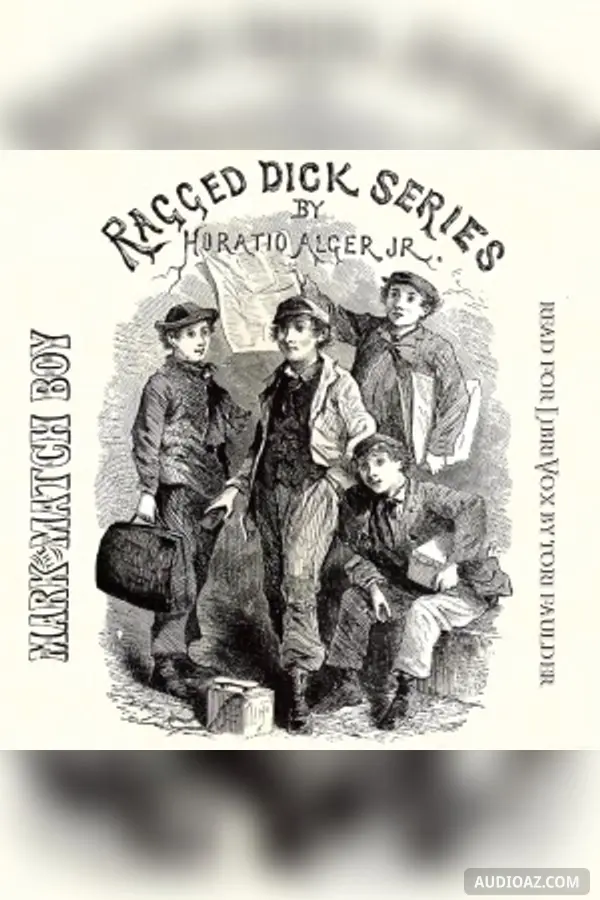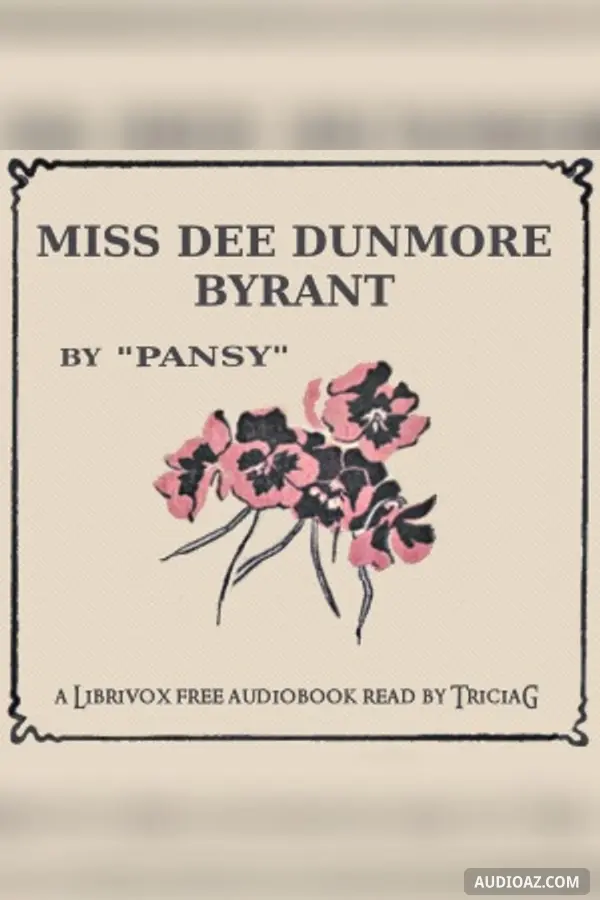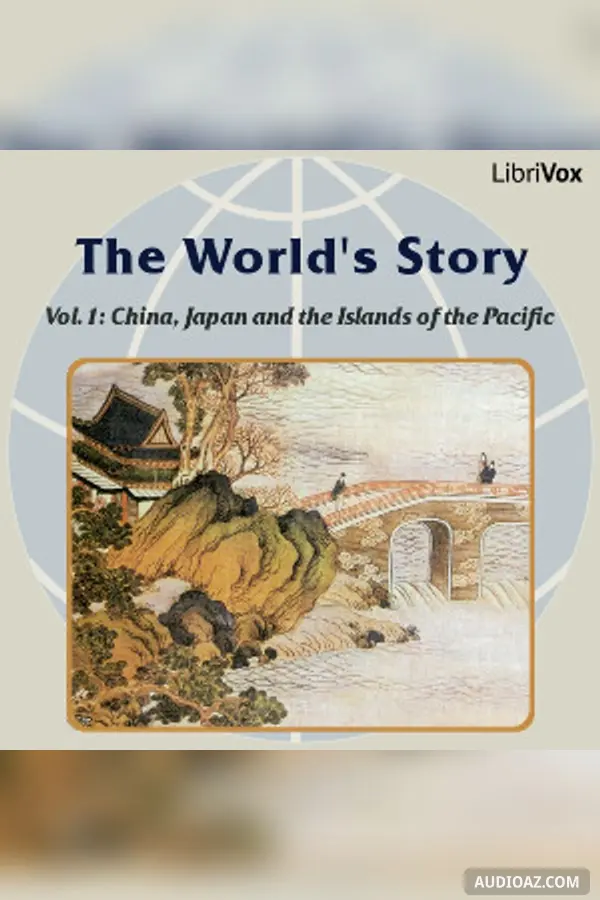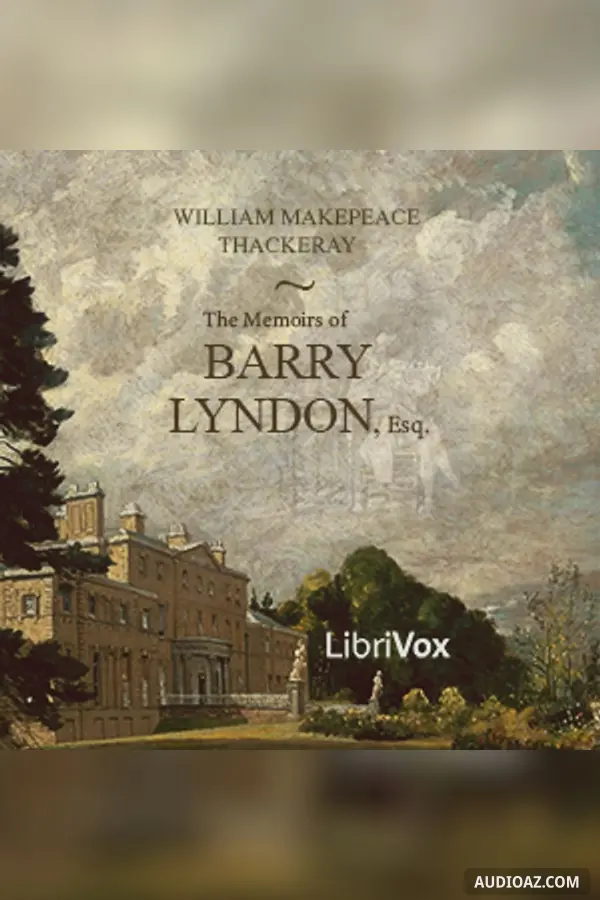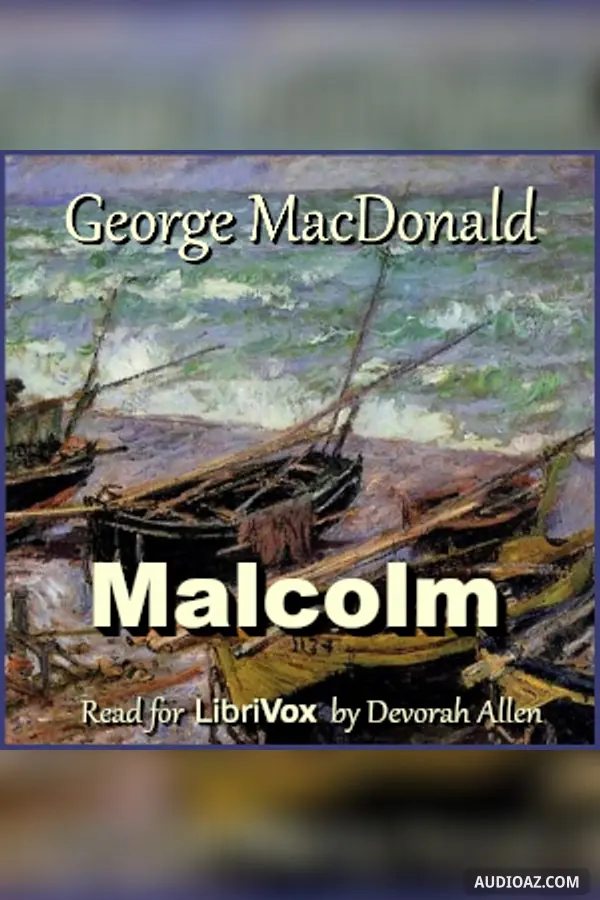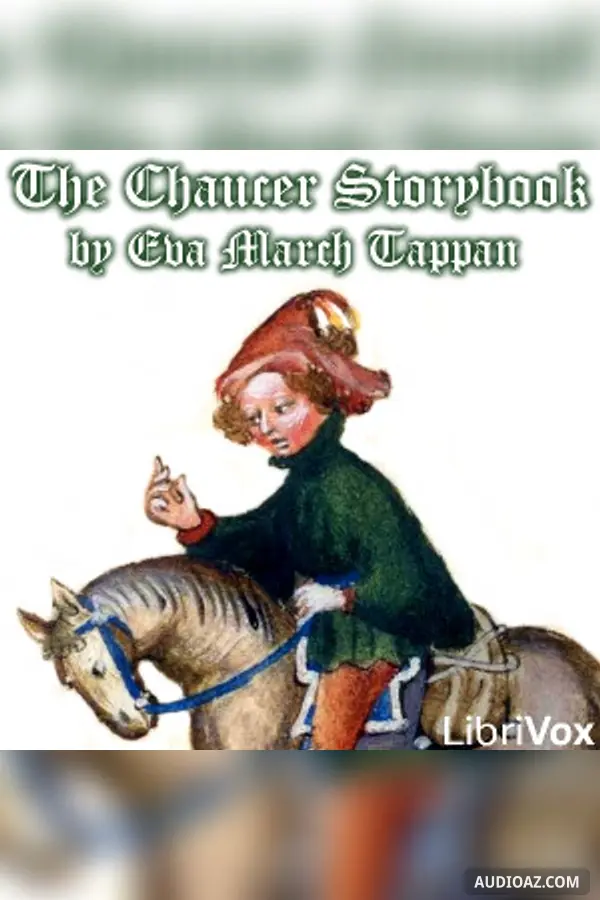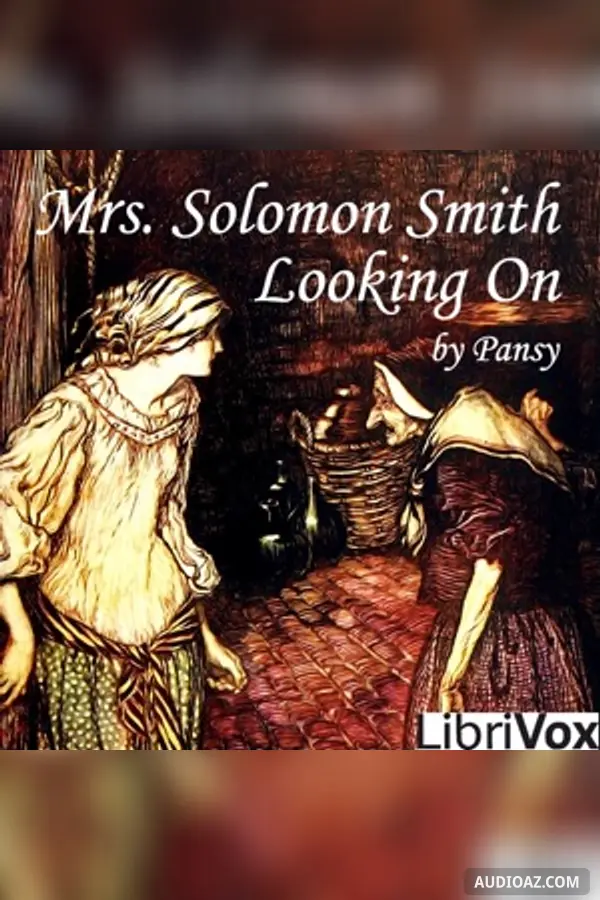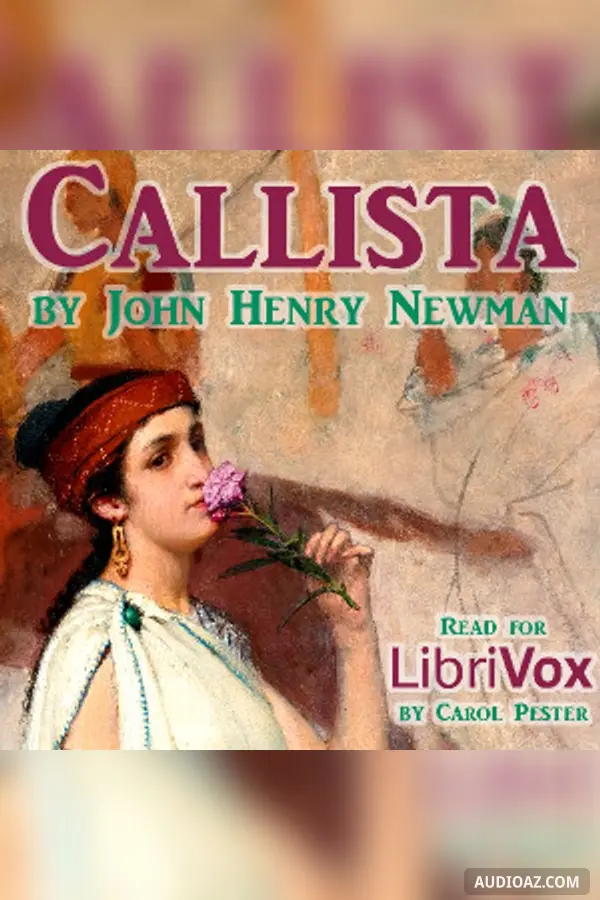
Callista - Free Audiobook
Author(s): John Henry Newman
Language: English
Genre(s): Culture & Heritage FictionHistorical FictionReligious Fiction
1 / 36Chapter 1
- 1. Chapter 1
- 2. Chapter 2
- 3. Chapter 3
- 4. Chapter 4
- 5. Chapter 5
- 6. Chapter 6
- 7. Chapter 7
- 8. Chapter 8
- 9. Chapter 9
- 10. Chapter 10
- 11. Chapter 11
- 12. Chapter 12
- 13. Chapter 13
- 14. Chapter 14
- 15. Chapter 15
- 16. Chapter 16
- 17. Chapter 17
- 18. Chapter 18
- 19. Chapter 19
- 20. Chapter 20
- 21. Chapter 21
- 22. Chapter 22
- 23. Chapter 23
- 24. Chapter 24
- 25. Chapter 25
- 26. Chapter 26
- 27. Chapter 27
- 28. Chapter 28
- 29. Chapter 29
- 30. Chapter 30
- 31. Chapter 31
- 32. Chapter 32
- 33. Chapter 33
- 34. Chapter 34
- 35. Chapter 35
- 36. Chapter 36
About
Callista, A Tale of the Third Century, was written by John Henry Newman, who was a scholarly and personable Anglican theologian who became a Catholic priest and cardinal, bringing a good number of Protestant friends along with him into the Roman faith. He wrote Callista as the fruit of a challenge (dare we say “bet”?) with Cardinal Nicholas Wiseman that each man would write a novel about the early church. Wiseman wrote Fabiola and Newman wrote Callista, publishing it in 1855. The title character is a beautiful and talented, but unhappy Greek woman living in pagan Roman North Africa in the third century. She is wooed by a lonely young Christian man, for whom she shows little interest, though she deeply desires to know more about his Christian faith. However, the third century was a dangerous time for Christians, with the onset of persecution under the Emperor Decius. The colorful cast of characters react to the persecution in different ways, but some are put to the ultimate test of whether they will maintain their faith at the price of torture and painful death. Cardinal Newman's writing style is often lively, and occasionally humorous, especially in his conversations. But there is no denying that modern readers may find parts of it quite wordy, particularly in the descriptions of geography (beware Chapter 1!). Most readers are likely to find themselves caring very much about the characters, and cheering for their victories, in addition to learning quite a bit about 3rd century history along the way. (summary by Carol Pelster)
Comments
Be the first to comment
There aren't any comments on this content yet. Start the conversation!
Discover More
Tags: Callista audio, Callista - John Henry Newman audio, Culture & Heritage Fiction audio, Historical Fiction audio, Religious Fiction audio, free audiobook, free audio book, audioaz
